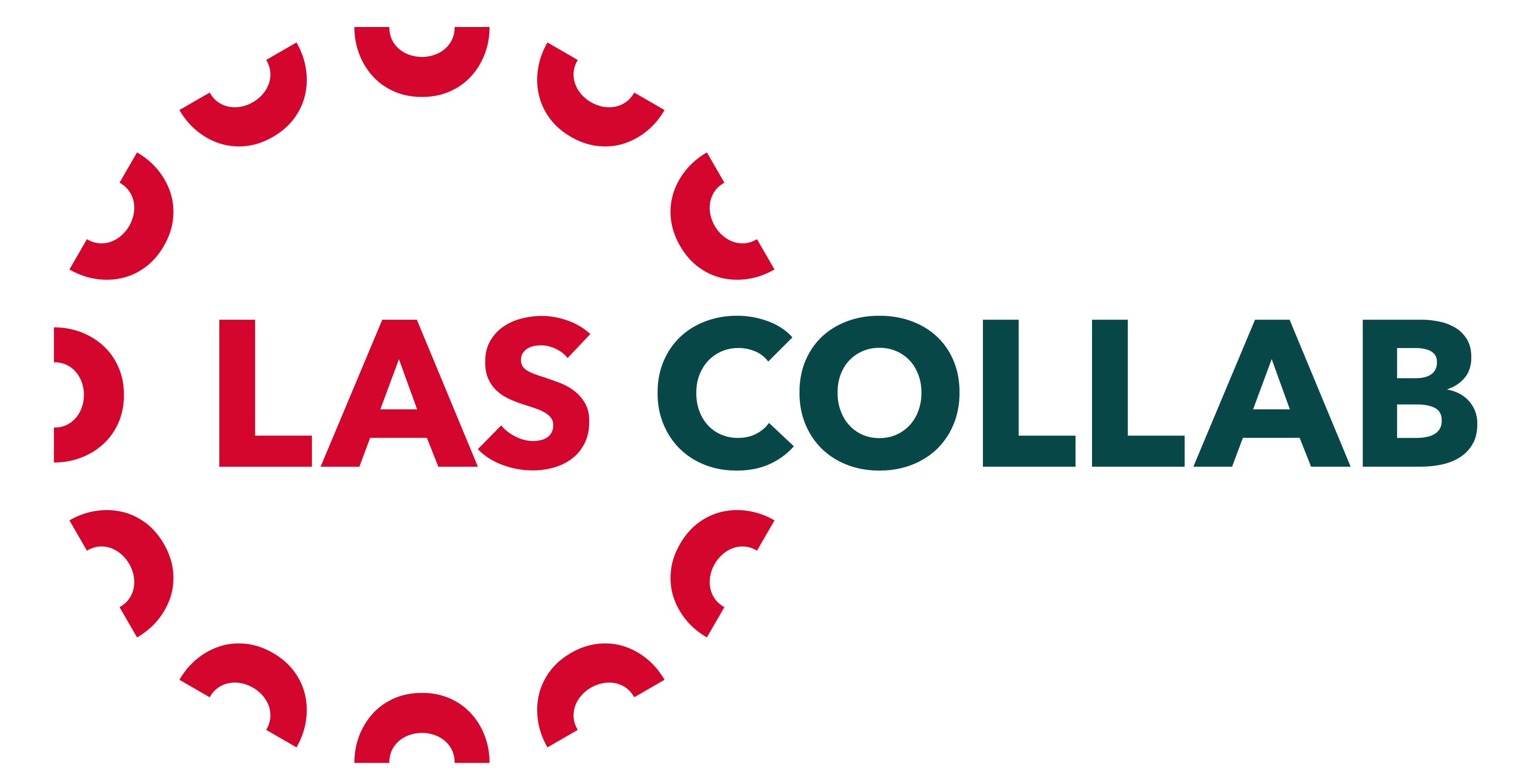Casino and Slot Machine Law 2020: A Comprehensive Guide
Introduction to Casino Regulations in the United States
The landscape of casino regulations in the U.S. is complex, shaped by federal and state laws that govern everything from slot machine laws to state gambling laws. These rules ensure fair play, consumer protection, and revenue collection while balancing economic interests with public health concerns. Understanding these frameworks is crucial for operators, players, and policymakers alike.
The Evolution of Slot Machine Legislation
Slot machine laws have evolved significantly over decades, transitioning from mechanical devices to digital platforms. Modern regulations emphasize transparency, anti-fraud measures, and responsible gaming practices. These changes reflect growing awareness of addiction risks and the need for stricter gambling compliance standards across jurisdictions.
Key Provisions of the 2020 Casino Law
The 2020 updates to casino regulations focused on enhancing security protocols, streamlining licensing processes, and addressing emerging challenges like online gambling. Key provisions include mandatory audits, player identity verification, and penalties for non-compliance with slot machine laws.
State-Specific Gambling Laws and Variations
State gambling laws vary widely, with some states allowing full-scale casinos while others restrict gambling to tribal lands or specific regions. This patchwork of regulations creates challenges for operators seeking cross-state operations and highlights the need for harmonized gambling compliance standards.
Impact of Online Gambling on Traditional Casinos
The rise of online gambling has reshaped the industry, prompting debates about online casino legality and its implications for physical casinos. While some states have embraced online platforms, others enforce strict restrictions, creating a fragmented market that complicates enforcement of casino regulations.
Licensing and Compliance Requirements for Operators
Operators must navigate stringent gambling compliance procedures, including background checks, financial audits, and adherence to slot machine laws. Failure to meet these criteria can result in fines, license revocation, or criminal charges. Resources like https://tribaldesigncr.com/ provide guidance on meeting legal benchmarks.
Penalties for Violating Slot Machine Regulations
Violations of slot machine laws carry severe consequences, ranging from hefty fines to operational shutdowns. Repeat offenders may face criminal prosecution, emphasizing the importance of rigorous gambling compliance practices to avoid legal pitfalls.
Technological Advancements in Casino Security
Modern casinos leverage AI, blockchain, and biometric systems to enhance security and ensure adherence to casino regulations. These innovations help detect fraud, prevent money laundering, and maintain trust in both physical and digital slot machine laws.
Federal vs. State Jurisdiction in Gambling Oversight
Federal agencies like the DOJ oversee interstate issues, while states regulate local operations. This division often leads to conflicts, particularly regarding online casino legality, as states struggle to enforce their own state gambling laws against national trends.
Public Health Considerations in Casino Policy
Casino policies increasingly prioritize public health, incorporating measures like self-exclusion programs and addiction support. These initiatives aim to mitigate harm while respecting casino regulations and the rights of responsible gamblers.
Future Trends in Casino and Slot Machine Law
Emerging technologies and shifting societal attitudes will likely drive future reforms in slot machine laws and casino regulations. Expect increased focus on digital oversight, expanded gambling compliance mandates, and greater integration of mental health resources.
How to Stay Updated on Legal Changes
Operators and players should monitor updates from state gaming commissions, legal news outlets, and industry associations. Regularly reviewing state gambling laws ensures alignment with evolving casino regulations and avoids unintentional violations.
Common Misconceptions About Casino Laws
Many believe slot machine laws apply uniformly nationwide, but state gambling laws create regional disparities. Additionally, myths persist about the legality of online platforms, underscoring the need for clarity on online casino legality and gambling compliance requirements.
Role of Advocacy Groups in Shaping Legislation
Advocacy groups influence casino regulations by promoting responsible gaming, lobbying for stricter slot machine laws, and raising awareness about gambling compliance gaps. Their efforts often shape public policy and legislative priorities.
Global Comparisons to U.S. Casino Regulations
While the U.S. employs a decentralized approach to state gambling laws, countries like the UK and Malta have centralized regulatory bodies overseeing both land-based and online gambling. These models offer insights into potential reforms for casino regulations and online casino legality in the U.S.
- Understanding casino regulations is essential for both operators and players navigating the legal landscape.
- Slot machine laws continue to evolve with advancements in technology and changing consumer behavior.
- State gambling laws create a complex environment requiring careful compliance and adaptability.
